As we have commented previously, we feed ourselves to acquire energy and provide the body with the necessary nutrients for its construction, maintenance and repair. This energy is provided by carbohydrates, proteins (about four calories per gram) and fats (9 calories per gram). To maintain our weight, it is essential to adjust our consumption to our needs. Everything we consume in excess is stored as fat.
Distribution of calories
To not suffer imbalances neither in weight nor in nutrients, you have to ingest these calories in a certain way. Carbohydrates should represent 50% of the total energy. Think that without vegetables, vegetables and fruits, we will lack vitamins and minerals and that legumes and cereals are cheap and healthy energy with a high satiating effect. Fats should not be more than 35%. Proteins of both animal and vegetable origin must provide 15%.
Number of calories per day
The amount of energy we expend is variable and results from the sum of different mandatory caloric needs (basal metabolism) and others that depend on our lifestyle and the physical activity that we develop. Considering these variables, some authors establish energy values of 2700 kilocalories for an adult man and 2000 for a woman with moderate physical activity.
The WHO (World Health Organization) recommendations establish a caloric intake of 2000 to 2500 Kcal/day for an adult male and 1500 to 2000 kcal/day for women.
These needs decrease as we get older. A 65-year-old man of the average constitution will need around 1900-2100 kcal/day, while a 65-year-old woman of the average constitution will range between 1500 – 1700 kcal/day.
Mandatory body energy needs
Although we are at rest, our body needs the energy to stay alive. According to various studies, this activity, which is called “basal energy expenditure,” in a healthy adult, can require between 1000 and 1200 calories/day.
For example, specific organs such as the liver, brain, heart and kidneys, in normal conditions account for 60-70% of total body expenditure, to which must be added the energy used in the synthesis and formation of new tissues and which is higher in the stages of growth, lactation and pregnancy.
You also have to consider the energy expenditure that occurs when eating food and starting the digestion processes. It comes to suppose 10% of the total cost. The nutrient whose intake induces the highest expenditure is protein, followed by carbohydrates and fat, which stimulates minimal expenditure.
BODY MASS INDEX
It would be enough to weigh oneself to determine if the diet consumed adequately satisfies energy needs. Weight above the limits considered normal for our height, sex and age would indicate that we consume more calories than those needed by our body and vice versa.
In addition to weighing ourselves, use the body mass index (BMI), the standard measure being imposed to define the states of thinness, overweight or obesity.
BASIC CONCEPTS OF NUTRITION
Food is the set of activities and processes by which we take food from abroad that provide us with energy and nutritional substances necessary for the maintenance of life. It is a voluntary and conscious act and, therefore, capable of education.
Nutrition is the physiological process by which our body receives, transforms and uses the chemical substances contained in food. It is an involuntary and unconscious act that depends on certain organic functions such as digestion, absorption, and nutrients from food to the tissues.
Since it is pretty challenging to act voluntarily in nutrition processes, we can only do so by improving our eating habits if we want to improve our nutritional status. In this way, our body obtains energy and can build and repair organic structures and regulate metabolic processes.
To carry out all the processes that allow us to be alive, the human body needs a continuous supply of materials that we must ingest: nutrients.
Nutrients are all the substances in food that are necessary to live and maintain health. Essential nutrients are those that the body cannot synthesize (from others) and, therefore, depend absolutely on their food intake.
Functions of minerals:
Minerals are inorganic compounds found in the earth, rocks and water, and they are essential for the proper functioning of the body. One of its primary functions is to act as catalysts in the regulation of muscle contractions and in the transmission n of nerve impulses, in addition to participating in the digestion and metabolism of food.
Iron, which is essential in the transport of oxygen and cellular respiration, is found in meat, fish, eggs and foods of non-animal origin (lentils, chickpeas and spinach, although it is a low iron absorption). To absorb this iron, we have to take a lot of vitamin C, so if we do not eat animal products, we have to include vegetables containing a lot of vitamin C in our diet, such as citrus fruits and kiwi.
Zinc participates in more than 200 chemical reactions at the cellular level and is involved in practically all the maintenance and regulation systems of the body. It is one of the essential minerals for hair. Fortunately, it is present in most food groups, so it is difficult to eat a diet low in zinc. The foods of animal origin with a higher zinc concentration are meat, fish, shellfish and eggs. It is advised that, whenever we can, we cook them in the oven. In this way, we will eliminate a significant percentage of the fats that they may contain. We can also find zinc in vegetables such as asparagus, figs, aubergines, celery or potatoes.
Copper helps blood vessels to be more flexible and blood to circulate better. It is present in foods such as cocoa, mushrooms, legumes, nuts, liver and shellfish.
Magnesium plays an essential role in metabolizing proteins, and we can find it in fruits (banana and avocado), legumes, nuts, whole grains and vegetables. Closely related to the musculature and balances adrenal function, PH levels and stress.
Calcium, which is closely linked to magnesium, fulfills an essential structural function in our body since it is an integral part of bones and teeth. However, for the correct absorption of calcium by the bone system, the presence of vitamin D is necessary, which, as we have seen previously, can be obtained from sunlight or foods such as egg yolk or dairy products.




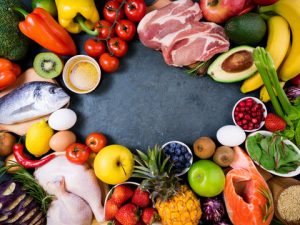
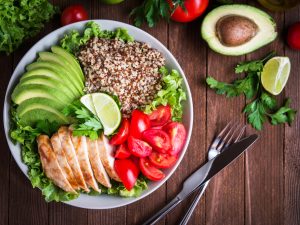
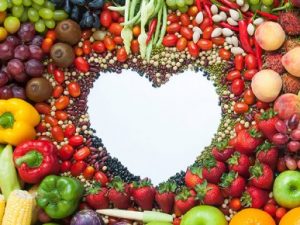
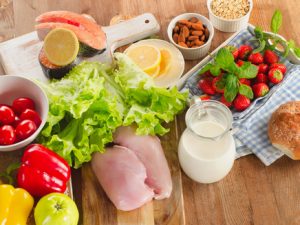


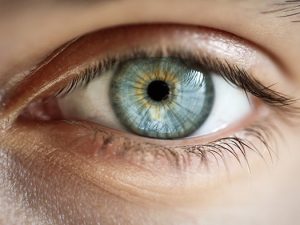




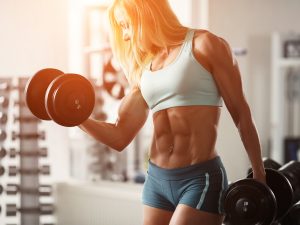


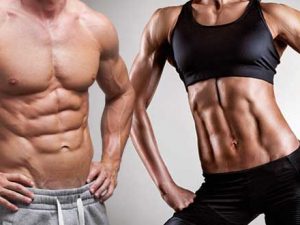
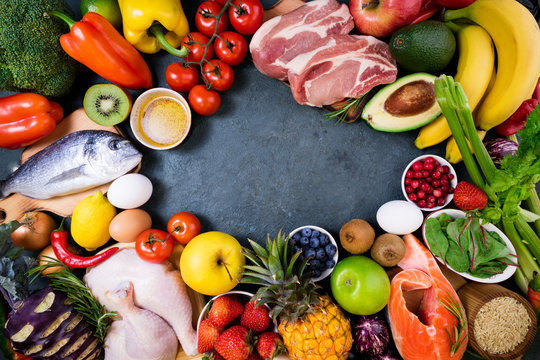


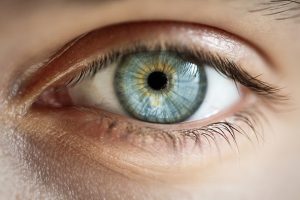






Add Comment